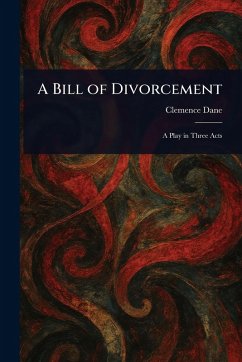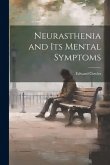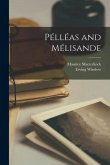Clemence Dane's "A Bill of Divorcement: A Play in Three Acts" explores the complexities of divorce, mental illness, and family relationships in the aftermath of World War I. This powerful drama delves into the challenges faced by individuals grappling with shell shock and the societal implications of mental health. Set against the backdrop of a changing world, the play examines the legal and emotional ramifications of divorce and separation, offering a poignant commentary on the human condition. A timeless exploration of psychology and family dynamics, "A Bill of Divorcement" remains a compelling and thought-provoking work, meticulously prepared for print republication. Its themes of societal change and personal struggle continue to resonate, making it a relevant and enduring piece of dramatic literature. This work has been selected by scholars as being culturally important, and is part of the knowledge base of civilization as we know it. This work is in the public domain in the United States of America, and possibly other nations. Within the United States, you may freely copy and distribute this work, as no entity (individual or corporate) has a copyright on the body of the work. Scholars believe, and we concur, that this work is important enough to be preserved, reproduced, and made generally available to the public. We appreciate your support of the preservation process, and thank you for being an important part of keeping this knowledge alive and relevant.
Bitte wählen Sie Ihr Anliegen aus.
Rechnungen
Retourenschein anfordern
Bestellstatus
Storno









